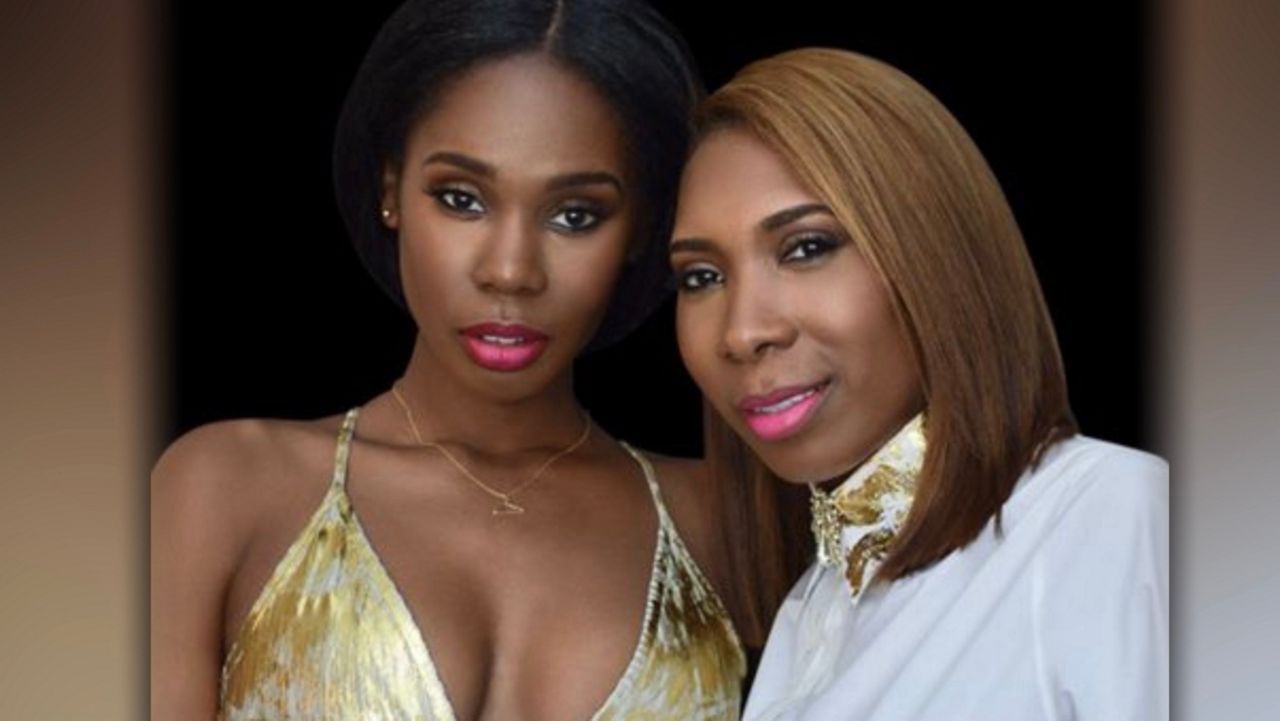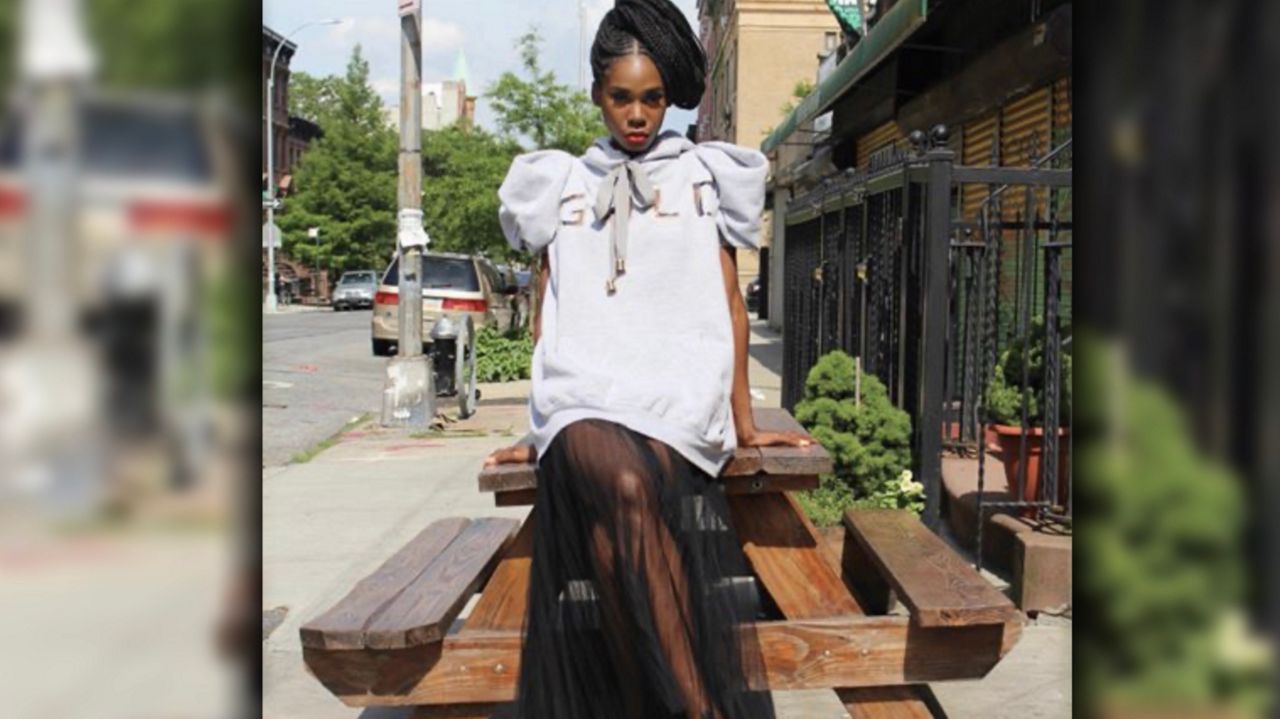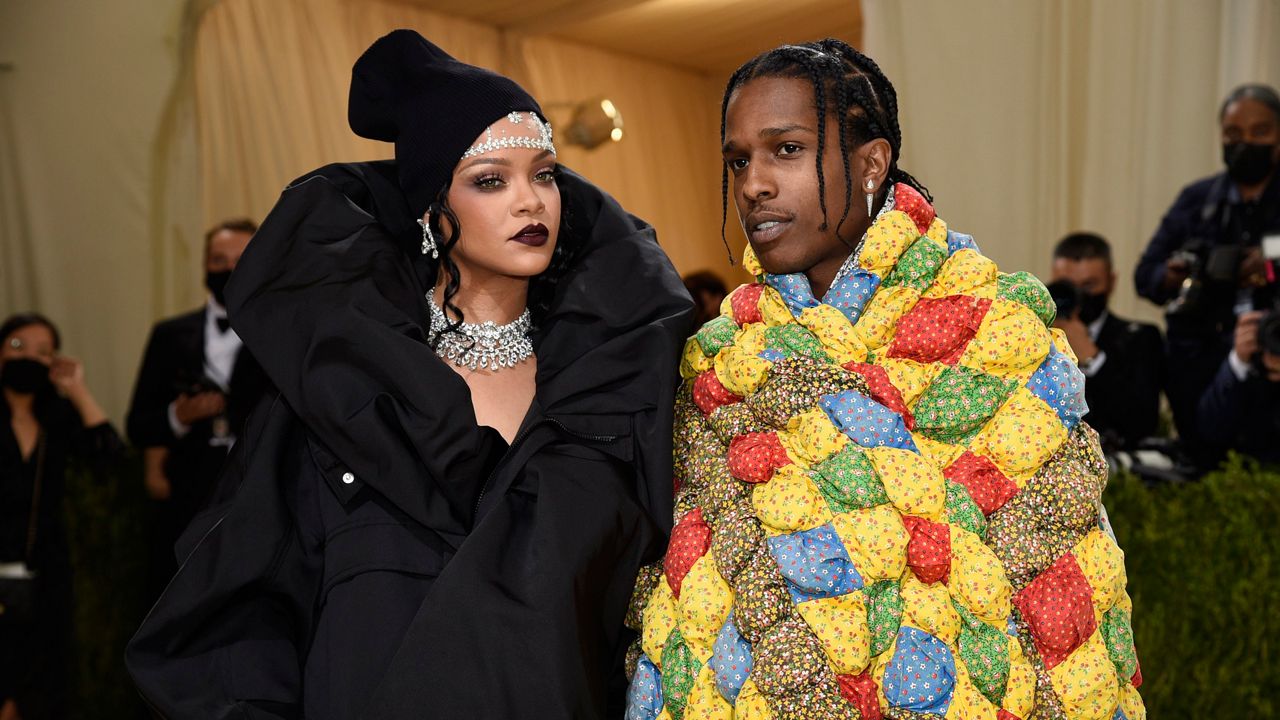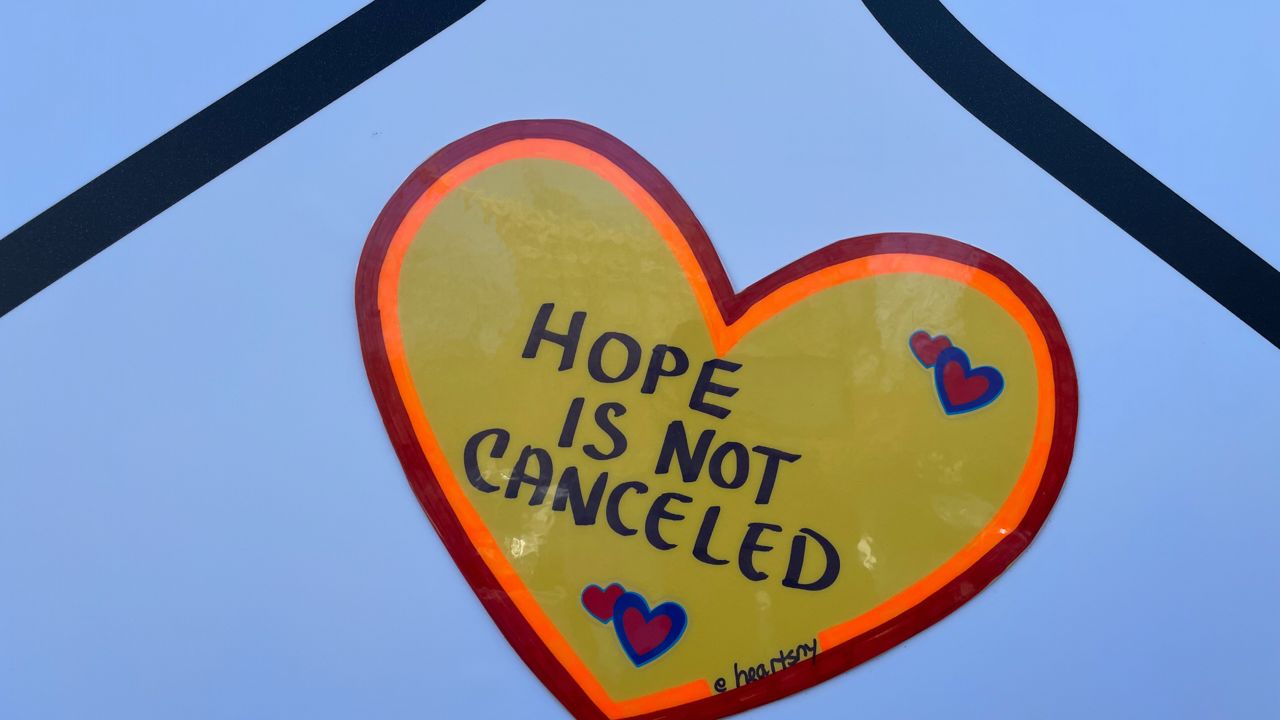NEW YORK - Designer Kimberly Goldson showed her signature bold looks in a streaming fashion show.
Goldson grew up in Brooklyn and always had a love of fashion, but she never saw a path to get her to this day - showing as part of Harlem’s Fashion Row showcase during New York Fashion Week.
What You Need To Know
- Brooklyn Fashion Designer Kimberly Goldson always had a passion for fashion, but without seeing any designer of color, she had no idea that it could be a career
- After attending FIT and competing on the TV show Project Runway in Season 9, she founded her namesake brand but feels she is often seen simply as a Black designer whose clothes would only appeal to Black women
- As the Fashion Industry has a reckoning with a lack of diversity at every level, many in the industry are rolling out new initiatives to address the diversity issues
- Ngozi Okaro has been working on these issues of diversity for years with her organization 'Custom Collaborative,' which works with brands to increase diversity and pay equity, and also advocates for paid internships to make sure low-income fashion students can take advantage of the opportunity
"I used to cut up clothes with my friends and distress them and things like that. I didn't see any designers of color at the time, so I didn't know that it was possible for me to even be a fashion designer,” she said.
Still, she attended the Fashion Institute of Technology and in 2011 competed in season 9 of Project Runway where she impressed the judges. From there, she founded her namesake line with her sister Shelly.

But despite enthusiasm for their designs, they face challenges convincing the industry that just because she is a Black designer, doesn't mean her clothes can't be enjoyed by all kinds of women.
"The challenge has been that we have the talent but that we don't have the opportunities. It didn't just have to be that just black women and Black consumers want to wear bold, there are plenty of other women from other races and nationalities and walks of life that want to be bold and feel empowered," said Goldson.

Nudged by the Black Lives Matter protests, the fashion industry is embracing programs that encourage inclusion.
Ngozi Okaro has been tackling these problems for years with her organization 'Custom Collaborative,' which works with brands to increase diversity and helps get women of color and low-income women into jobs in fashion.
She says unpaid internships can shut out young people from less privileged backgrounds from gaining a foothold in the industry.
Change, she says, must be systemic, providing more access to every kind of job, from models to designers to production managers.
"People that make the clothing that produce the clothing are mostly Black and Brown people and so we need to value their contributions and so that means paying people fairly and giving people opportunities. Black models, Asian models and Latinx models don't have as much opportunity. Designers do not have as much opportunity," said Okaro.
Media attention is also key. Goldson and her sister will be featured in this month's Cosmopolitan and hope to inspire others with their story.
To see Goldson's fashion line, you can visit her website.








